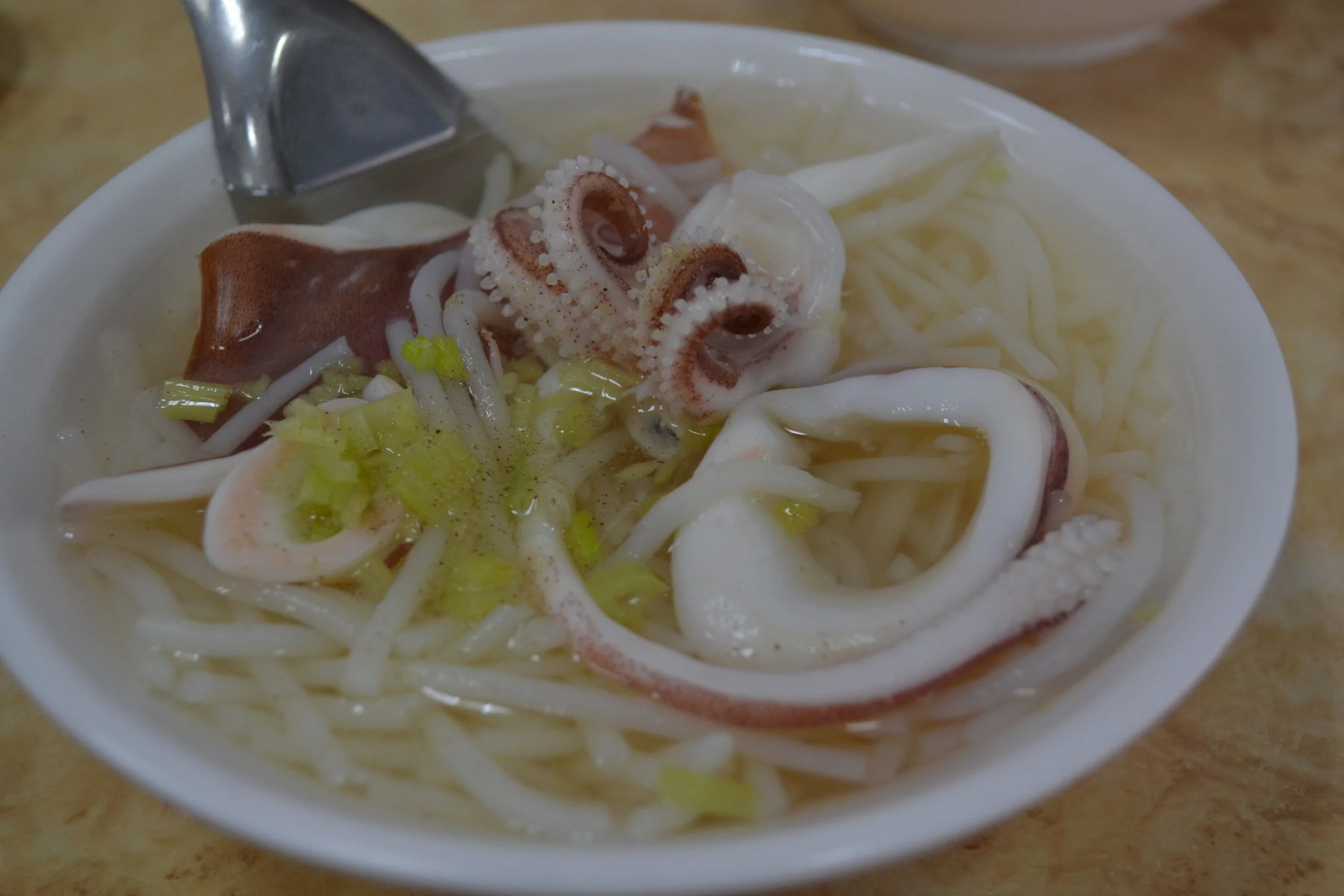#ChineseFoodiesofIG: Tiffany Ran of Ba Ba Lio
This is part of an ongoing series of interviews I’m doing with my favourite Chinese foodies that I follow on Instagram. Come and follow the #ChineseFoodiesofIG hashtag on Instagram and leave a comment showing your support for these talented folk!










